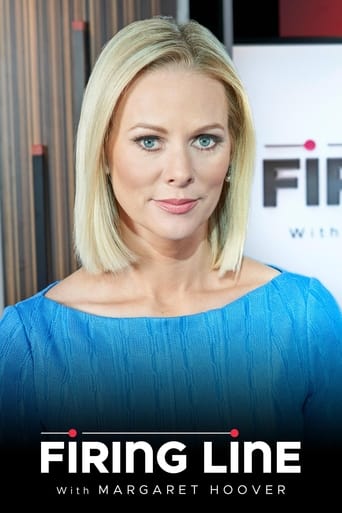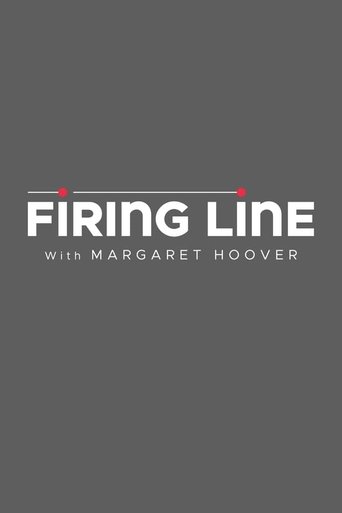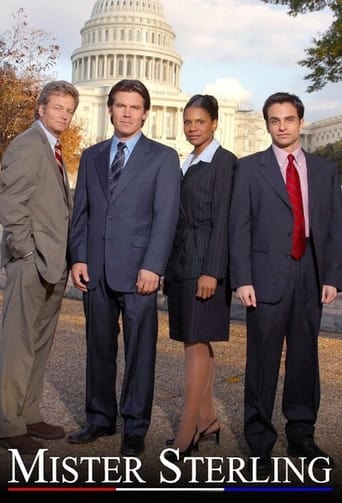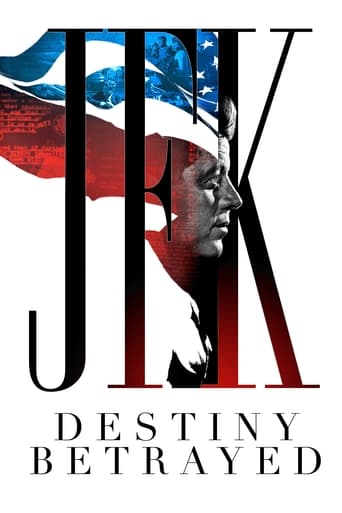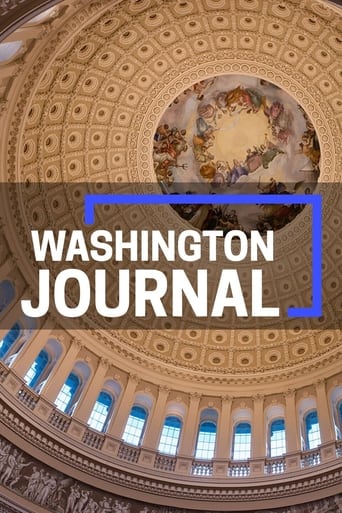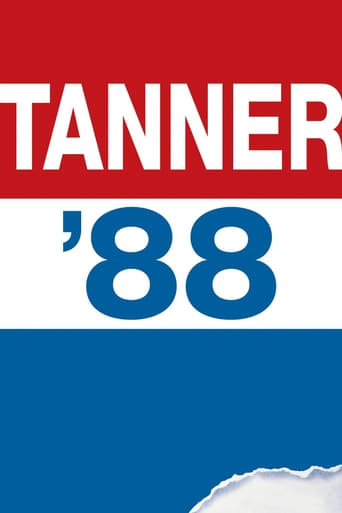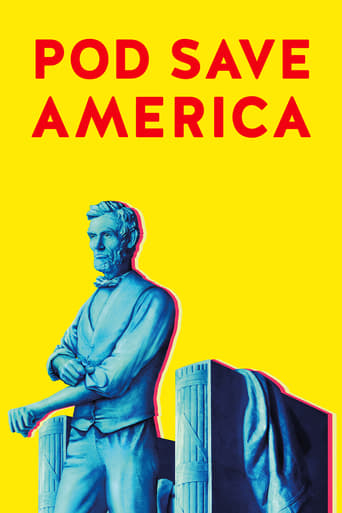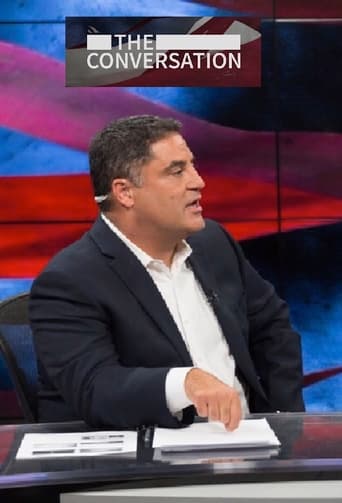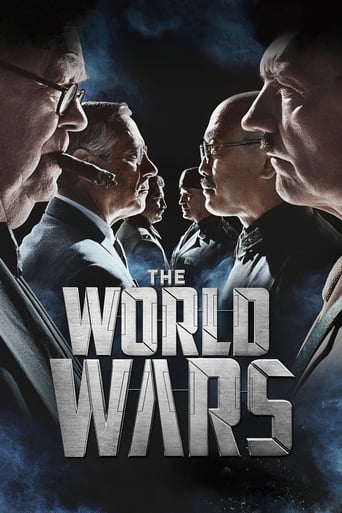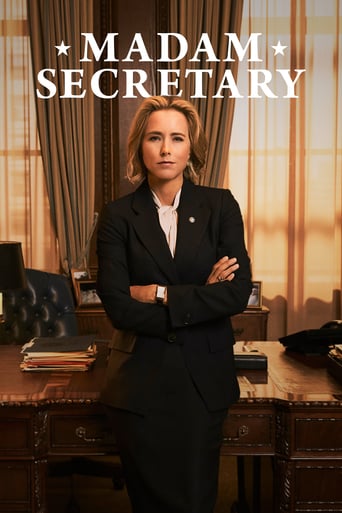Firing Line with Margaret Hoover Season 3
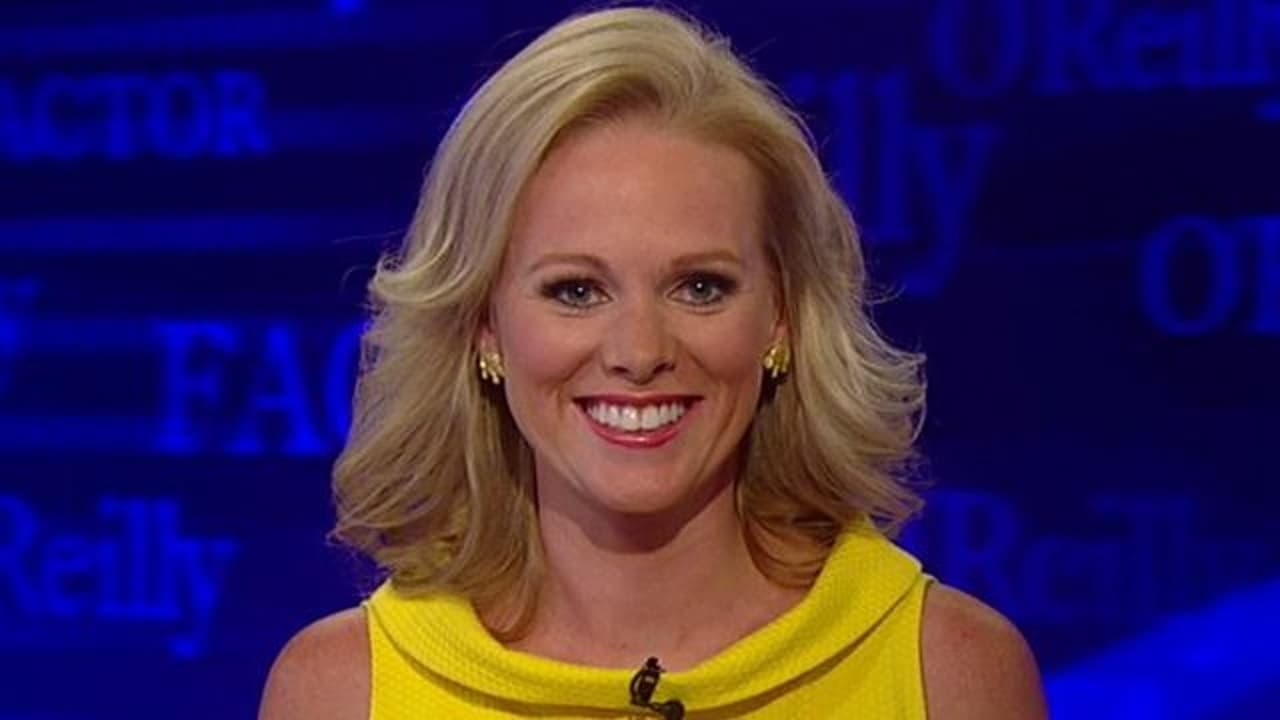
Join author, activist and commentator Margaret Hoover for a public affairs talk show that delivers a civil and engaging contest of ideas among the brightest minds and voices from across the ideological spectrum.
Watch NowWith 30 Day Free Trial!
Firing Line with Margaret Hoover
2018 / TV-PG
Join author, activist and commentator Margaret Hoover for a public affairs talk show that delivers a civil and engaging contest of ideas among the brightest minds and voices from across the ideological spectrum.
Watch Trailer
With 30 Day Free Trial!
Firing Line with Margaret Hoover Season 3 Full Episode Guide
Justice Neil Gorsuch, who was the first of President Trump's three nominees to the Supreme Court, discusses the legacy of Justice Ruth Bader Ginsburg, his judicial philosophy and the breakdown of civility in America.
Legendary sportscaster Bob Costas joins Firing Line to break down the intersection of sports and the three defining stories of 2020: the COVID-19 pandemic, the election and the fight for racial justice.
CEO Albert Bourla discusses Pfizer’s eight-month race to develop a COVID-19 vaccine, which he thinks will be available to frontline workers in December and the general public before the summer. He talks about efficacy, safety and distribution.
Superstar litigators David Boies and Ted Olson, who argued on opposite sides of Bush v. Gore in 2000 and later teamed up to work together, discuss President Trump’s allegations of voter fraud, litigation attempts and refusal to concede.
Gov. Larry Hogan, Maryland’s moderate Republican governor, discusses why he did not vote for President Trump, the future of Trumpism and the GOP, and why Republicans beat expectations in down ballot races.
Senate Intel member Angus King (I-ME) discusses foreign interference in this election, what adversaries hope to accomplish and how prepared the U.S. is to handle cyberthreats and disinformation. He says Russia is most actively trying to interfere.
Pete Buttigieg, the former mayor of South Bend, IN who ran for president, discusses the election, his political future and the COVID vaccine. Buttigieg talks about coming out as mayor and his concerns about Amy Coney Barrett on the Supreme Court.
Dr. Anthony Fauci discusses the latest science on COVID-19 and the race to develop a vaccine. As new daily cases rise in more than a dozen states, Fauci explains what Americans should expect about living with the pandemic this winter and beyond.
Sen. Tammy Duckworth (D-IL), an Iraq War veteran and Purple Heart recipient, discusses the VP debate and the COVID-19 outbreak in the White House. She also explains why she plans to vote against Amy Coney Barrett’s confirmation to the Supreme Court.
Senate Judiciary Committee member Sheldon Whitehouse (D-RI) discusses the battle over the Supreme Court and the role of anonymous “dark money” in the federal judiciary. He says the first presidential debate hurts America’s standing in the world.
Congresswoman Val Demings (D-FL) discusses the Supreme Court vacancy, police reform, COVID and Florida’s pivotal role in the presidential race. Demings was previously Orlando’s first female police chief and on the short list to be Biden’s VP.
Former White House Press Secretary Sarah Huckabee Sanders discusses her new book and the contentious briefings that marked her time in the Trump administration. She talks about her political future including a possible run for governor of Arkansas.
Sen. Bernie Sanders discusses supporting Biden’s presidential bid despite policy differences and warns that Pres. Trump may refuse to leave office if he loses. Sanders says progressive ideas are gaining traction and discusses the movement’s future.
Rich Lowry, editor of the conservative publication National Review, explains why he supports Pres. Trump over Joe Biden despite profound discomfort with Trump’s conduct. Lowry also discusses his latest book in which he makes the case for nationalism.
Michigan Governor Gretchen Whitmer discusses interviewing to be Joe Biden’s VP, Michigan’s key role in the 2020 election and the challenges of voting by mail. She weighs in on the federal government’s handling of the pandemic and lockdown protests.
Former Republican strategist Stuart Stevens discusses his opposition to President Trump and the current GOP. Stevens is working with other prominent current and former Republicans at the Lincoln Project to strategize against Trump’s reelection bid.
President Trump’s top economic advisor Larry Kudlow discusses COVID-19’s impact on the economy, jobs and businesses. He talks about what is next for federal stimulus spending, the massive deficit levels and his assessment of recovery.
Philanthropist Melinda Gates, who has committed more than $300 million to fight COVID-19, discusses the race to develop vaccines, COVID-19’s toll on women and the Trump administration’s response to the pandemic.
Gov. Mike DeWine (R-OH) discusses why COVID-19 cases are surging, his new decision to mandate masks statewide, reopening schools and the 2020 election. He reacts to the arrest of the Ohio House Speaker in connection with a $60 million bribery case.
Mayor Keisha Lance Bottoms, who tested positive for COVID-19, discusses Georgia’s surge in cases and Atlanta’s recent spike in gun violence. She also addresses the speculation that she is a possible Biden VP pick, saying she’s “absolutely” qualified.
Former National Security Advisor John Bolton says President Trump, his ex-boss, is unfit for a second term and he will not vote for him. Bolton discusses why he stayed silent during impeachment and his scathing new book about the White House.
Meet conservative women running for a first term in Congress: Young Kim of California, Ashley Hinson of Iowa and Lisa Scheller of Pennsylvania. Margaret Hoover explores their motivations for running, policies and visions for the Republican Party.
Margaret Hoover interviews several female Republican rising stars in Congress: Rep. Elise Stefanik (NY), Rep. Jaime Herrera Beutler (WA), Sen. Joni Ernst (IA) and Rep. Liz Cheney (WY). They discuss the effort to recruit more GOP women in Congress.
Voting rights activist and politician Stacey Abrams discusses the fight for racial justice and her views on police reform including the "defund the police" movement. Abrams talks about election reform and voter access in November. She also addresses reports that she is a potential running mate for Joe Biden.
Activist, attorney and author Bakari Sellers discusses the death of George Floyd, the nationwide protests, and whether this moment of crisis will lead to meaningful change on issues of racism. Sellers, the son of a civil rights activist who was shot and wounded by police in 1968 during a student protest, talks about police brutality and reform.
Actor Sean Penn discusses his efforts to expand coronavirus testing access through his non-profit, CORE. The organization initially offered free drive-through tests in Penn’s hometown, Los Angeles, and is now in a number of cities. Penn urges people to come together in this moment of crisis rather than focus on partisan politics.
Susan Rice, President Obama’s National Security Advisor and the former ambassador to the United Nations, calls President Trump’s handling of the COVID-19 pandemic abysmal. She says the lack of leadership has led to the loss of American lives and jobs. Rice says that she would run as Joe Biden’s vice president if asked.
Facebook COO Sheryl Sandberg and International Rescue Committee president David Miliband team up to discuss how COVID-19 will affect women and girls worldwide. They say the pandemic poses a particular threat to girls’ education in the developing world and is increasing sexual violence. They also discuss combating misinformation.
Former NYC Mayor Rudy Giuliani, now President Trump’s personal attorney, discusses the impact of COVID-19 on the hardest-hit state. Giuliani reflects on his time as mayor of NYC during the September 11 terrorist attacks and talks about messaging during a crisis. Giuliani says that he is concerned about current restrictions to civil liberties and says that it is time to start reopening.
Sen. Marco Rubio (R-Fla) talks about the push among certain states to reopen
Billionaire Mark Cuban discusses advising President Trump as a member of his new group on reopening the U.S. economy. Cuban defends the president as the cheerleader-in-chief but dismisses the idea of setting a date now to reopen. The “Shark Tank” investor discusses relief for small businesses, tackling unemployment, and how he would address income inequality.
President Trump’s former FDA Commissioner Dr. Scott Gottlieb discusses what is next for the coronavirus. Gottlieb says he is concerned about a second wave of COVID-19 that may hit in September. Gottlieb says parts of life may be altered until there is a vaccine, which could be still two years away. Gottlieb also discusses the prospects for antiviral and antibody medicine to treat the virus.
CT Gov. Ned Lamont discusses his efforts to fight COVID-19 in one of the most-infected states per capita in the country. He discusses the race to find more ventilators and personal protective equipment as the state’s case count rises. Lamont also gives advice to states that have not been hit as hard yet about how to flatten the curve.
Former CDC Director Dr. Tom Frieden discusses the origins of the coronavirus, the current measures to fight it, and where he sees the pandemic headed. He also discusses how the United States can be better prepared to handle future microbial threats.
Former independent counsel Ken Starr discusses his investigation that led to the impeachment of President Clinton, and his work over 20 years later defending President Trump during his impeachment trial. Starr says that we are living in an “age of impeachment” in which it has become all too easy to impeach a president.
Former Secretary of Homeland Security Jeh Johnson discusses the Trump administration’s handling of the coronavirus. Johnson, who was DHS Secretary during the 2014 Ebola crisis, talks about communicating with the public during times of anxiety. He also discusses ongoing election interference and immigration policy.
Georgetown professor, prolific author and political commentator Michael Eric Dyson discusses the state of race in the US ahead of the South Carolina Democratic primary. He talks about how black voters are assessing the rest of the 2020 field—including Bloomberg and Sanders—as Biden’s support slips. Dyson responds to Trump’s economic pitch to African-American voters.
Former White House Chief Strategist Steve Bannon discusses his predictions for the 2020 election and the future of populism. He talks about Bloomberg’s impact on the race and suggests that a new Democratic candidate will shake up the race late in the process. Bannon issues a stark warning about the coronavirus.
Dr. Cornel West and Dr. Robert George, the “ideological odd couple,” discuss the importance of civil discourse in this era of polarization. Leftist West and conservative George are friends who teach together and travel the country to demonstrate their commitment to free speech. They explore their opposing views on several policy areas, respectfully disagreeing as well as finding common ground.
Nobel Prize-winning economist Paul Krugman discusses what he calls “zombie” economic ideas and his public feuds with President Trump. The New York Times columnist talks about partisanship and whether ideological opponents can still have good faith debates. Krugman, a self-identified progressive, envisions what would happen if a progressive Democrat prevails in the 2020 race.
Democratic presidential candidate and former MA Gov. Deval Patrick discusses his late entry into the 2020 race. The only African-American candidate left in the field, Patrick talks about his journey from the South Side of Chicago to law school and a career at Fortune 500 companies. He explains his views on capitalism and the wealth tax, as well as his newly released reparations platform.
Filmmaker Michael Moore discusses the 2020 presidential race. Moore, who correctly predicted Trump’s win in 2016, now says the Democrat could win the popular vote by an even greater margin and still lose. Moore explains why he supports Sanders over Warren, and addresses the candidates’ recent falling out. He discusses the Senate impeachment trial and his public apology to Iran’s ayatollah.
Former British Foreign Secretary and Labour politician David Miliband addresses the escalating conflict between the U.S. and Iran. Miliband, now head of the International Rescue Committee, says chaos in the Middle East could impact his work on the global refugee crisis. Miliband discusses U.K. and U.S. politics ahead of the 2020 election, warning that the “hard left doesn’t provide the answer.
Free Trial Channels
Seasons


